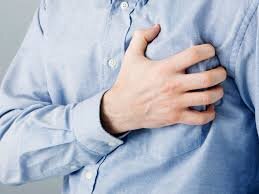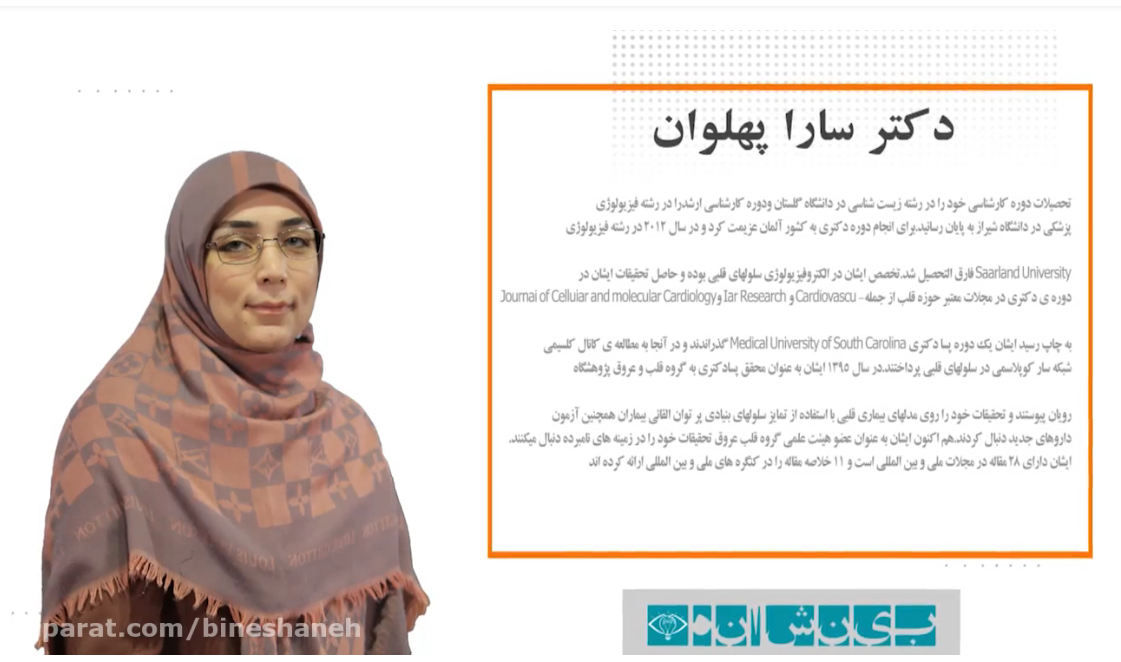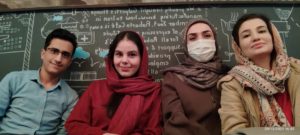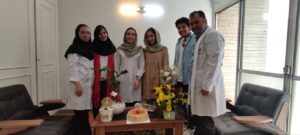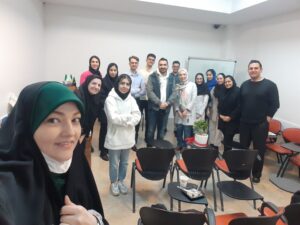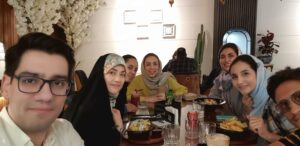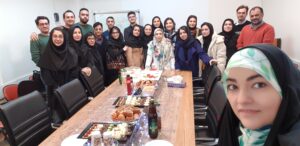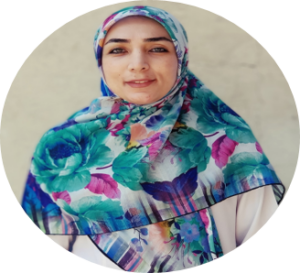
Sara Pahlavan Ph.D.
Department of Stem Cells and Developmental Biology
Assistant professor
Sara Pahlavan is a member of Royan Cardiovascular Group. She studied Biology in her B.Sc and graduated in M.Sc of Physiology from Shiraz University. During her undergraduate studies, she got interested in physiology of cardiac cells, specifically excitation-contraction coupling. To pursue her interest, she moved to Germany and started her graduate studies in Professor Peter Lipp’s lab at Universitäts Klinikum des Saarlandes.
There, she learned state of the art technologies such as simultaneous “patch-clamp” and “Ca2+ imaging” to study excitation-contraction coupling in cardiomyocytes. Furthermore, she used transgenic mice to study pathophysiology of inherited cardiac diseases with respect to electrophysiology and/or Ca2+ machinery.
Toward the end of her PhD studies, she got interested in using patient-specific iPSC-derived cardiomyocytes to study cardiac disease in human cardiac cells and to test new drugs. To pursue this goal, she moved to United States and started her postdoctoral fellowship in Professor Martin Morad’ lab at Medical University of South Carolina.
There she could develop a new genetically-encoded Ca2+ probe to study Ca2+ induced Ca2+ release and Ca2+ sparks in cardiomyocytes of healthy and patient-specific iPSC-derived cardiomyocytes. She joined Royan Institute at 2015 and currently she works as an Assistant Professor in cardiovascular Group.
Physiology/ Disease Modeling/ Drug Testing
Dr. Pahlavan’s research focuses on the mechanistic studies of cardiovascular diseases using in vitro models. Both 2D human pluripotent stem cells-derived cardiomyocytes (hPSC-CM) and 3D cardiac micro-tissues are used by her group to model pathological conditions such as hypoxia and fibrosis, and to explore the therapeutic approaches. In line with that, part of her research is directed toward maturation of hPSC-CM and development of more native-like cardiac micro-tissues. She uses a combination of tissue engineering and stem cell biology to improve this 3D cardiac tissues. Furthermore, she is interested in regenerative approaches for heart by dedifferentiation of cardiomyocytes. And she uses in vitro platforms to find the major molecular players of dedifferentiation.
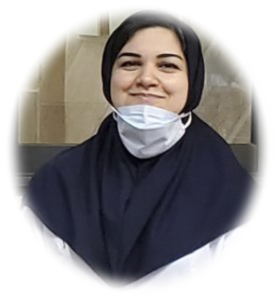
Hoda Madani
MD-PhD student
Project title: Safety and Feasibility of Intracoronary Transplantation of Allogenic Wharton’s Jelly Derived-Mesenchymal Stem Cells (WJ-MSCs) in Pediatrics with Non-Ischemic Dilated Cardiomyopathy (PNIDCM): Clinical Trial Phase I
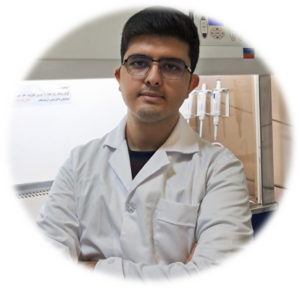
Mohammad Mehdi Imani
MSc student
Project title: The study of angiogenesis potential and cardiomyocyte maturation in cardiac microtissue after heterotopic transplantation onto Chorioallantoic membrane
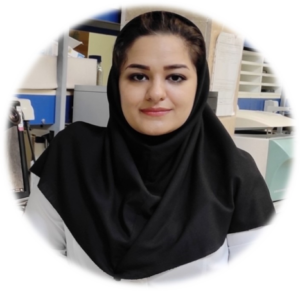
Maryam Amoun
MSc student
Project title: Investigation into the maturation of neonatal rat cardiomyocytes by metabolic shift from glycolysis to oxidative phosphorylation by targeting SIRT3

Fatemeh Etezadi
postdoctoral Fellow
Project title: Optimizing the Maturation of Human Pluripotent Stem Cell-Derived Cardiomyocyte Using a Selected Small Molecule Approach
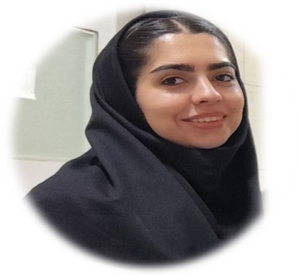
Maryam Ghalami
MSc student
Project title: Studying the effect of PDMS micropatterns on the maturation of neonatal rat cardiomyocytes
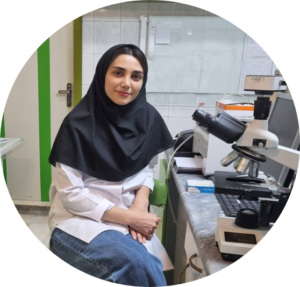
Parisa Karami
MSc student
Project title: The study of the effect of U266 secretome- or hypoxia-preconditioned mesenchymal stem cells conditioned medium on angiogenesis of in vitro generated cardiac microtissue
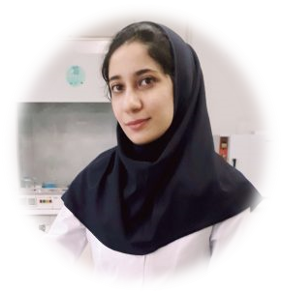
Negar Ghorbani
PhD Alumni
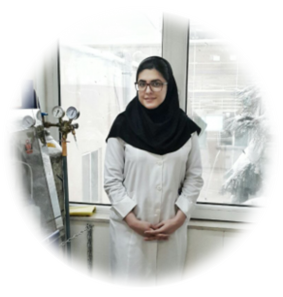
Mahya Hosseini
MSc Alumni
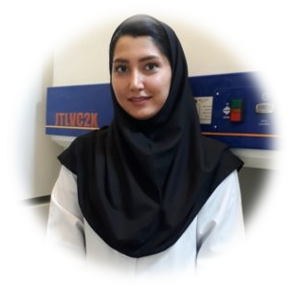
Shiva Ahmadvand
MSc Alumni
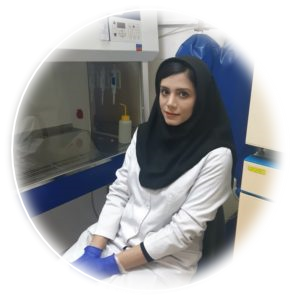
Hanieh Sadeghi
MSc Alumni
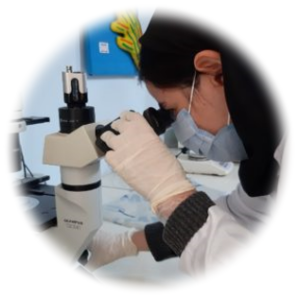
Yasaman Pourmehran
MSc Alumni
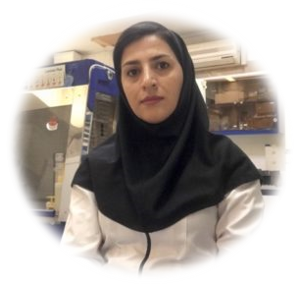
Roghayeh Hamidi
Former Research assistant
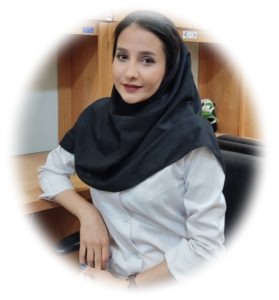
Malihe Rezaei
Former Research assistant

Alireza Yaghoobi
Former Research assistant
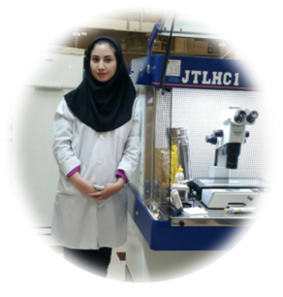
Fariba Moslem
MSc Alumni
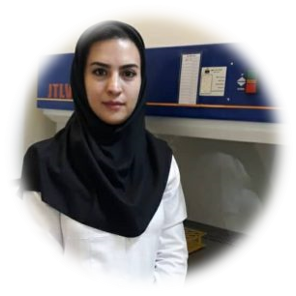
Leyla Ostadi
MSc Alumni
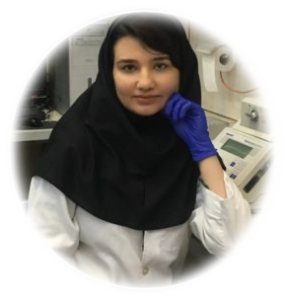
Fatemeh Movahedi
MSc Alumni
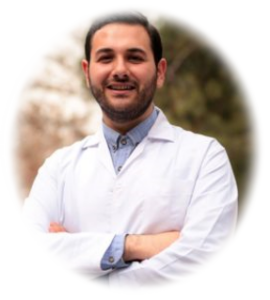
Hamid Khodayari
MSc Alumni
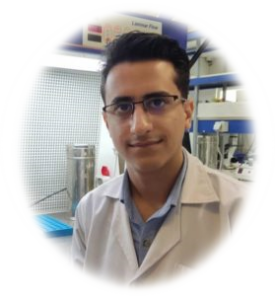
Mojtaba Shafaghi
MSc Alumni
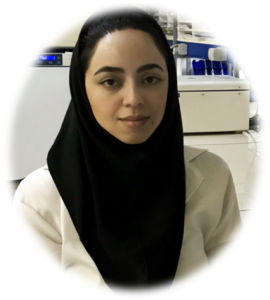
Mahshad Shiri
MSc Alumni
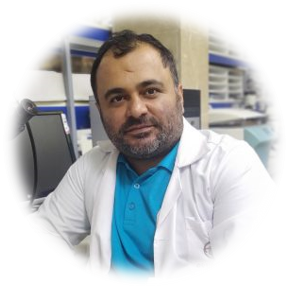
Siamak Rezaeiani
PhD Alumni
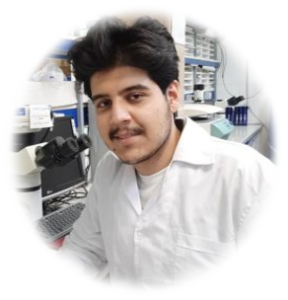
Roham Yaghubi
Former Research Assistant
Selected Publications:
2023 Ghorbani N, Yaghubi R, Davoodi J, Pahlavan S. How does caspases regulation play role in cell decisions? apoptosis and beyond. Mol Cell Biochem. 2023 Nov 17. doi: 10.1007/s11010-023-04870-5.
2024 Zarkesh I, Movahedi F, Sadeghi-Abandansari H, Pahlavan S, Soleimani M, Baharvand H. ROS scavenging activity of polydopamine nanoparticle-loaded supramolecular gelatin-based hydrogel promoted cardiomyocyte proliferation. Int J Biol Macromol. 2024 Feb;259(Pt 2):129228. doi: 10.1016/j.ijbiomac.2024.129228.
2024 Yaghoobi A, Rezaee M, Behnoush AH, Khalaji A, Mafi A, Kazemzadeh Houjaghan A, Masoudkabir F, Pahlavan S. Role of long noncoding RNAs in pathological cardiac remodeling after myocardial infarction: An emerging insight into molecular mechanisms and therapeutic potential. Biomed Pharmacother. 2024 Mar:172:116248. doi: 10.1016/j.biopha.2024.116248.
2024 Negar Ghorbani, Mahshad Shiri, Maedeh Alian, Roham Yaghubi, Mojtaba Shafaghi, Hamidreza Hojjat, Sara Pahlavan, Jamshid Davoodi. A Non-Apoptotic Pattern of Caspase-9/Caspase-3 Activation During Differentiation of Human Embryonic Stem Cells into Cardiomyocytes. Adv Biol (Weinh) 2024 Jun;8(6):e2400026. doi: 10.1002/adbi.202400026.
2024 Hamid Khodayari, Saeed Khodayari, Malihe Rezaee, Siamak Rezaeiani, Mahmoud Alipour Choshali, Saiedeh Erfanian, Ahad Muhammadnejad, Fatemeh Nili, Yasaman Pourmehran, Reihaneh Pirjani, Sarah Rajabi, Naser Aghdami, Canan Nebigil-Désaubry, Kai Wang, Habibollah Mahmoodzadeh, Sara Pahlavan. Promotion of cardiac microtissue assembly within G-CSF-enriched collagen I-cardiogel hybrid hydrogel. Regen Biomater. 2024 Jun 19:11:rbae072. doi: 10.1093/rb/rbae072.
2024 Siamak Rezaeiani, Malihe Rezaee, Mojtaba Shafaghi, Mohammad Karami, Roghayeh Hamidi, Hamid Khodayari, Sadaf Vahdat, Sara Pahlavan, Hossein Baharvand. Expandable hESC-derived cardiovascular progenitor cells generate functional cardiac lineage cells for microtissue construction. Stem Cell Res Ther. 2024 Sep 12;15(1):298. doi: 10.1186/s13287-024-03919-6.
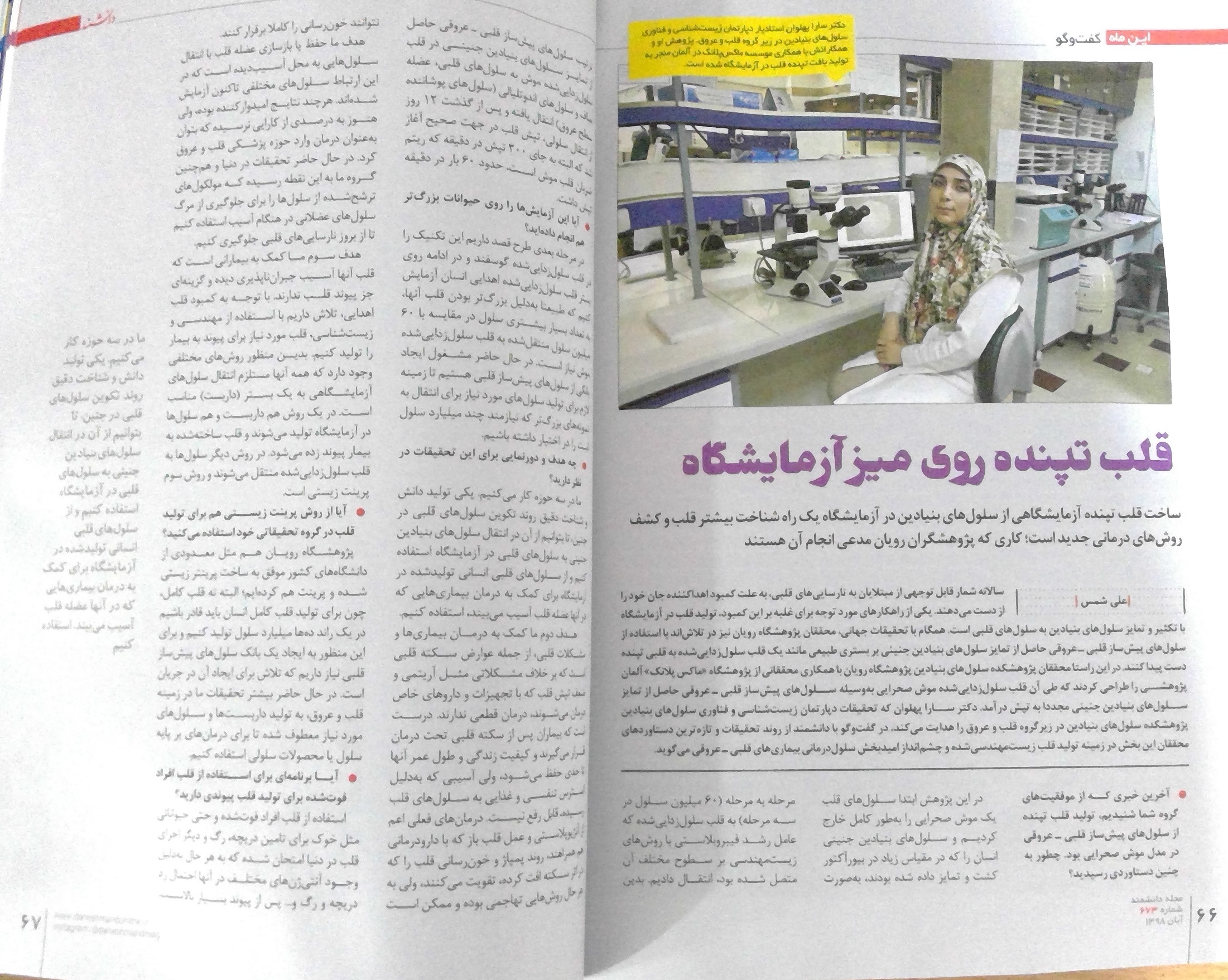
My interview with prestigeous Daneshmand magezine
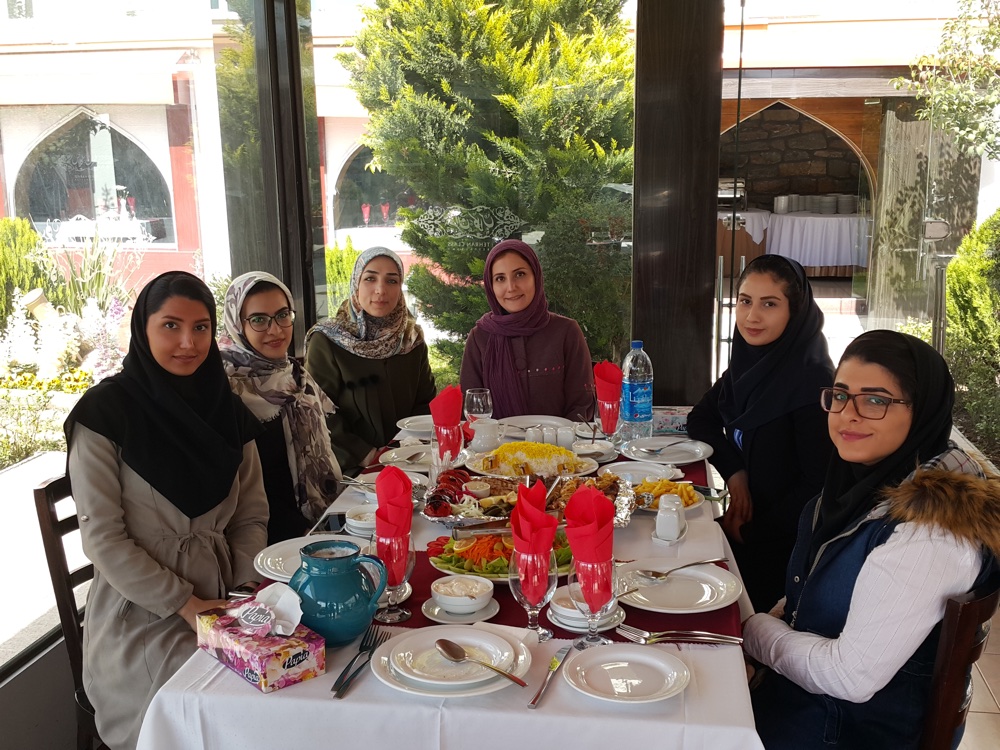
New Year Ceremony 1398
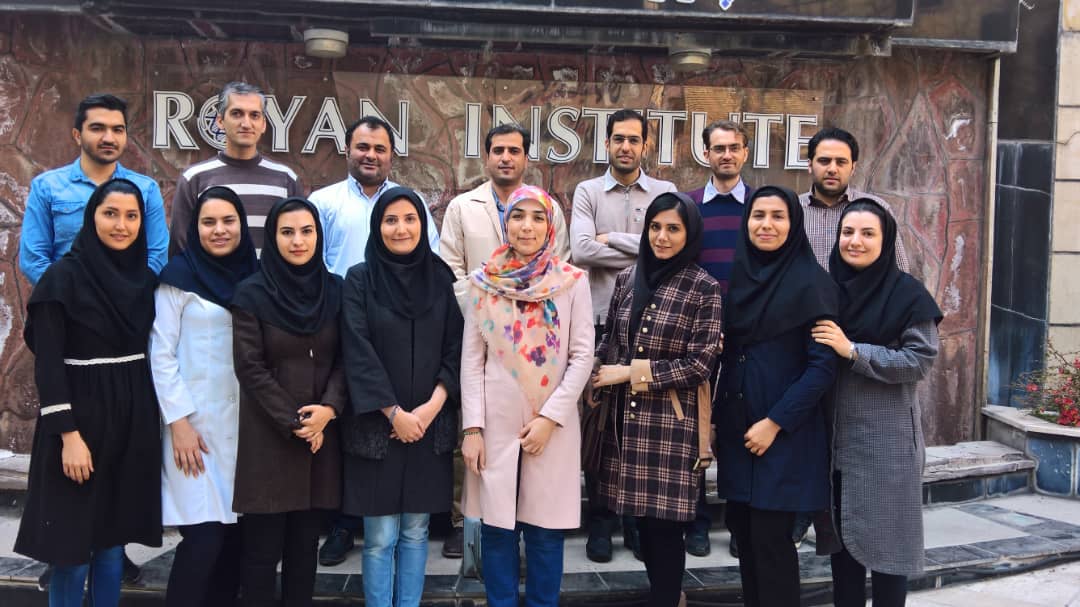
Heart group 1397
New Year Celebration
1397
Our Heart group

Our Tehran Sightseeing
Spring 1396

New Year Celebration
1396
Cell therapy to treat heart in NEWS
https://www.isna.ir/news/99072015051استفاده-از-سلول-درمانی-برای-درمان-نارسایی-قلبی
Lecture by Dr. Sara Pahlavan in Bishnash 99
Coffee shop day; after 2 years qarantine
Teachers Day 1402, happy to have such wonderful group members
New Year Ceremony 1403
Malihe Rezaee last day at Royan
New Year Ceremony 1404
Currently I do not have open positions for graduate students.
Volunteers are welcome to join my group.



